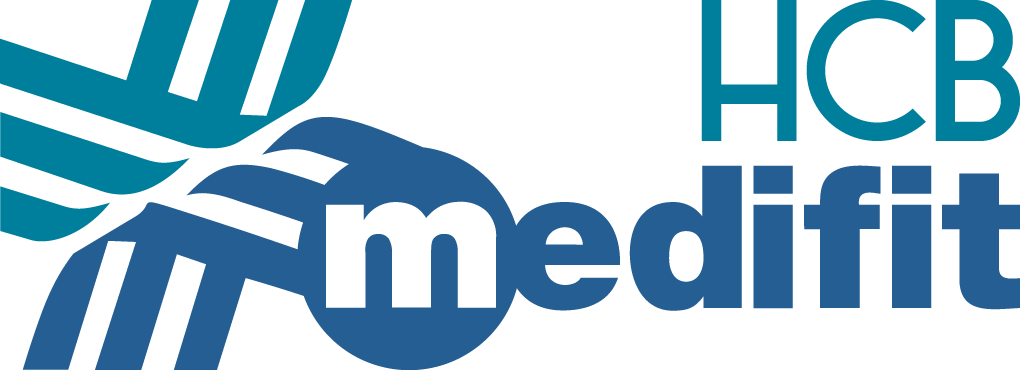What does (general) rehabilitation look like for patients who have undergone major abdominal surgery (gastrointestinal surgery)?
Every person is different, every body reacts and recovers differently. Therefore, the rehabilitation programme differs from patient to patient. There are rules about what you can and cannot do. The most important thing is to find a good balance. We build up the programme in a calm and controlled manner. You must listen to your body and discuss with us how you feel. We will constantly adapt the programme to your load capacity. It has to feel right for you.
The border between doing nothing and moving
Your physical activities should slowly be increased. Especially for this, it is important that you are well supported. We constantly monitor your health condition and give you information about what you can and cannot feel. You will be trained to walk upright, as this reduces the risk of back pain. During all exercises it is important that you breathe properly by using abdominal breathing. We will practise this breathing with you. Getting back on your feet in a calm and responsible manner is what we help and inform you about. Walking up and down stairs can be tiring and sometimes painful.
Sitting down and standing up
.
We will have you do special exercises to make sitting down and standing up possible again soon. There are a few points that can help make it easier. When you want to sit down, it is important that you choose a chair with a high seat. This will make it easier for you to get up because your abdominal muscles will be relieved. If you choose a low chair or couch in which you cannot sit up straight, you will experience pain when getting up because of the tightening of the abdominal muscles.
Household chores
The first two weeks after surgery we will do the household chores in your flat. Heavier household chores like vacuuming, washing windows, etc. will be done throughout your stay.
Some points to note are: try to avoid prolonged standing, as well as lifting heavy things, such as groceries and children. Do not lift anything heavier than three to four kilos. If you want to hold your child, let him or her climb on your lap and only then lift him or her.
Rest and sleep
When you come to us you should be aware that you may feel very tired, even though you felt fine in hospital. This is normal. You have to realise that you probably did less activities in hospital. Don’t worry, your stamina will gradually return and increase.
It is advisable to plan a rest every day, for example in the form of an afternoon nap. It is important that you get enough rest.
Sleeping is not easy in the beginning because your daily living habits are disturbed and you can adopt a less comfortable posture for the time being. It is not inconceivable that you will be in pain during rehabilitation. A painkiller, such as Paracetamol, maximum 4 x daily 2 tablets of 500 mg, usually helps sufficiently.

Driving a car
You can drive when you have regained your strength and alertness. The ability to react is affected by painkillers, so your concentration is not optimal (at first). Most people do not drive for the first two weeks, sometimes even longer. If you find a seat belt uncomfortable on your stomach, you can put a towel between your stomach and the seat belt.
Sexuality
A sexual relationship can be resumed several weeks after surgery, there are no set rules for this. However, many people wait several months because of physical pain.
Hygiene and wound care
It is sensible to wet your abdominal wound, unless you have been advised otherwise. Showering is pleasant, but make sure the water is not too hot. You may feel a little unsure at first. A shower chair is available and can help you to adopt an easier posture.
Wound healing
There are several stages to wound healing. In the beginning the wound may tingle, itch and/or feel strange. When the bandage comes off, the wound is not tight, but appears somewhat puckered. This will correct itself later on in the wound healing process.
If the wound turns red or if pain symptoms increase, it is important that you contact the nurse as soon as possible on 0034 – 966 495 448 or, if you use the phone, with the nurse. When the wound is dry, it is no longer necessary to put a plaster on it. As long as the wound is still moist, apply a clean plaster once a day. For reasons of hygiene, you will not be able to swim in the pool until the wound has healed.
Stoma
If you have a (temporary) stoma as a result of an intestinal surgery, it is important that you follow the rules of life that you have received from the hospital. One of the important things to bear in mind is that you should not lift more than ten kilos and that you should be careful when carrying out heavy household tasks such as vacuuming.













